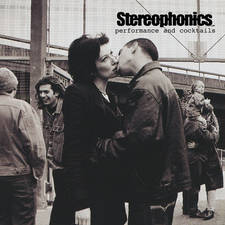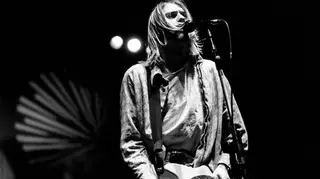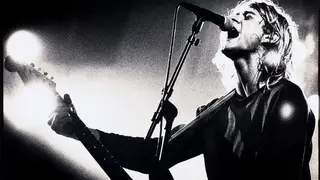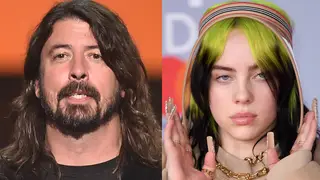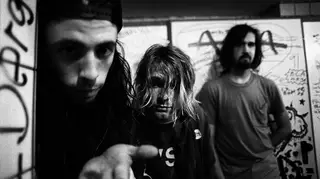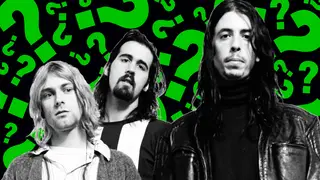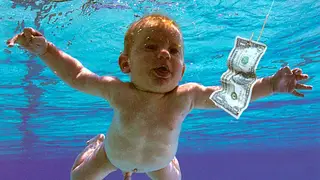This is what Kurt Cobain really thought about rap music in 1991…
2 December 2018, 23:47 | Updated: 2 December 2018, 23:51
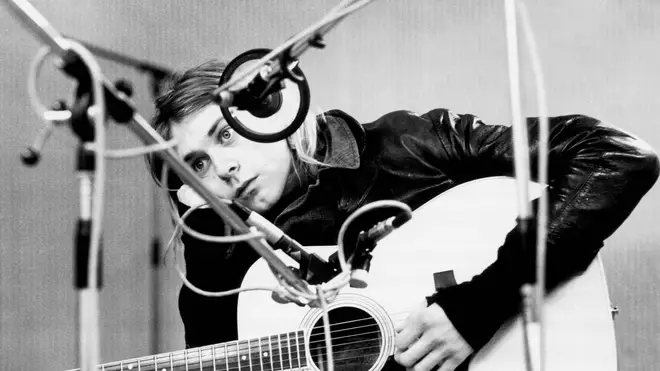
A recently unearthed interview saw the late Nirvana frontman discuss the music genre back in 1991.
Kurt Cobain loved the originality of rap music, but didn't like the misogyny inherent within its lyrics.
This week an interview with the late Nirvana frontman was unearthed, where he shared his thoughts on the artform.
Robert Lorusso, who was 21 at the time, shared the audio of his interview with the grunge icon, where he questioned his comments on white artists and rap music.
In response, Cobain mused: "I'm a fan of rap music, but most of is so misogynist that I can't even deal with it.
"I’m really not that much of a fan, I totally respect and love it because it’s one of the only original forms of music that’s been introduced," he added.
However it was Cobain's thoughts on rap and race that were interesting.
The Smells Like Teen Spirit singer maintained, ".... The white man doing rap is just like watching a white man dance. We can’t dance, we can’t rap.”
Listen to the 9:36 minute-long interview here.
Also in the chat, which Lorusso titled "My embarrassing interview with Kurt Cobain," was the frontman's thoughts about the press and the band changing from an independent to a major label.
When asked what he dislikes about interviews, Cobain responds: "I think it's bullshit. It's just, I'm getting really bored with the same questions all the time. It's understandable.
"And I also realise that most of the interviewers have to just ask the standard questions because we don't have much of an image and there's not much story behind our band, so what people can grasp, they base their interview off of that."
He added: "I'm getting really tired of 'the independent going on to a major label' stuff, but it's happened and there's nothing we can do about it, so there's no sense in analysing it."
READ MORE: Hear Kurt Cobain vent his frustration about doing interviews in 1991
Watch Dave Grohl explain why Kurt Cobain's death changed his outlook on life:
